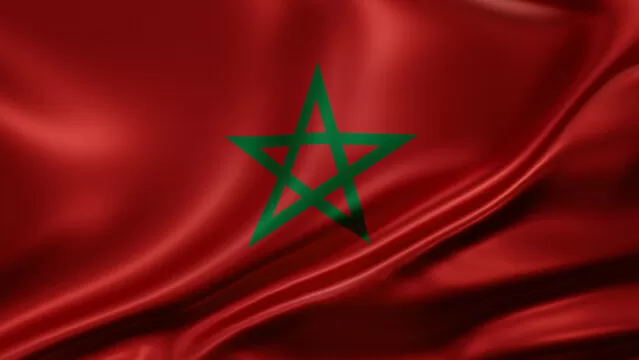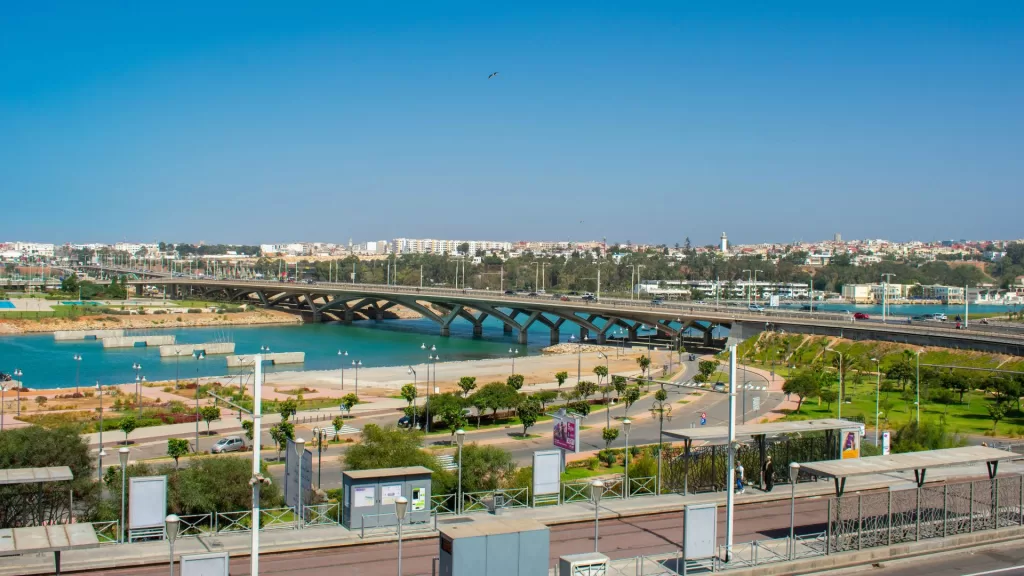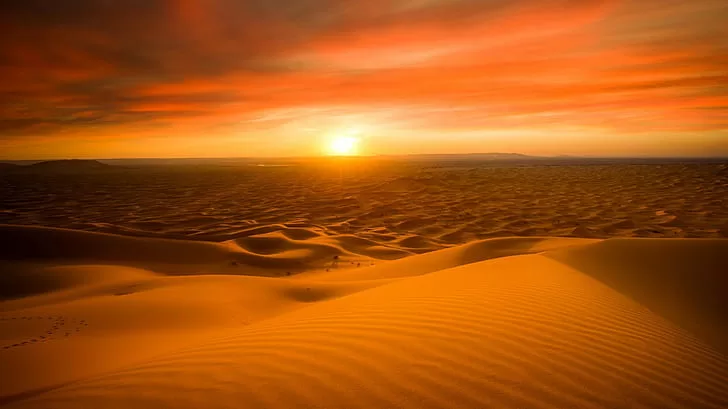Morocco Country Report

Morocco, located in North Africa, is renowned for its rich history, vibrant culture, and diverse landscapes encompassing mountains, deserts, and coastlines. As a constitutional monarchy, Morocco has experienced significant political stability under King Mohammed VI, who ascended to the throne in 1999. The country has embarked on a path of gradual political reforms, including the adoption of a new constitution in 2011, which granted more powers to the elected parliament and enhanced the status of the prime minister. Despite these reforms, challenges such as corruption, unemployment, and social inequalities persist. Morocco’s economy is diverse, with key sectors including agriculture, tourism, and manufacturing, supported by ongoing infrastructure development and economic diversification initiatives. The country’s geopolitical significance, strategic location, and proactive diplomacy have positioned it as a key player in regional and international affairs, contributing to its influence in North Africa and beyond.
Last updated: November 9, 2022
Security
Security in Morocco is generally considered stable compared to some other countries in North Africa, but the country faces various security challenges. One significant issue is terrorism, with Morocco experiencing several terrorist attacks in the past, including the 2003 Casablanca bombings. The government has implemented counter-terrorism measures and cooperates with international partners to combat extremist groups. Additionally, Morocco faces security threats related to organized crime, smuggling, and illegal migration, particularly in border regions. The disputed territory of Western Sahara also presents security concerns, with occasional tensions and incidents in the area. Overall, Morocco maintains a strong security apparatus and works to address security challenges through a combination of law enforcement efforts, border controls, and international cooperation.
Last updated: April 26, 2023
Infrastructure

Morocco has made significant investments in infrastructure development, with ongoing projects aimed at modernizing transportation, energy, and telecommunications systems. The country boasts a network of modern highways, connecting major cities and facilitating trade and tourism. Additionally, Morocco has invested in renewable energy, particularly solar and wind power, to reduce dependence on fossil fuels and promote sustainability. The country’s ports, such as Tangier-Med, serve as important trade hubs in the region, while airports like Mohammed V International Airport in Casablanca cater to growing air traffic. Despite these advancements, challenges remain, including gaps in infrastructure between urban and rural areas, water scarcity, and occasional disruptions due to natural disasters. Morocco continues to prioritize infrastructure development as a key component of its economic growth and development strategy.
Last updated: May 23, 2023
Environment

Morocco faces various environmental challenges, including water scarcity, desertification, and pollution. The country’s arid and semi-arid climate makes it particularly vulnerable to water shortages, exacerbated by increasing demand from agriculture, industry, and urbanization. Desertification is a pressing issue, with soil erosion and degradation threatening agricultural productivity and natural habitats. Additionally, Morocco struggles with air and water pollution, particularly in urban areas, due to industrial emissions, vehicle exhaust, and inadequate waste management practices. Climate change further exacerbates these environmental challenges, leading to more frequent droughts, heatwaves, and extreme weather events. Despite these challenges, Morocco has implemented initiatives to address environmental issues, including investment in renewable energy, sustainable agriculture practices, and conservation efforts. International partnerships and cooperation also play a role in tackling environmental challenges and promoting sustainable development in Morocco.
Last updated: March 21, 2023
Health and Medical
Morocco’s healthcare system has undergone significant improvements in recent years, providing accessible and affordable healthcare services to its citizens. The country has invested in modern healthcare infrastructure, with well-equipped hospitals and medical facilities located in urban centers. Additionally, Morocco has implemented healthcare reforms to enhance primary care services and expand health insurance coverage to a larger portion of the population. Despite these advancements, challenges remain, including disparities in healthcare access between urban and rural areas, shortages of medical personnel in certain specialties, and inadequate funding for healthcare programs. Morocco also faces health issues such as non-communicable diseases, including cardiovascular diseases and diabetes, as well as infectious diseases like tuberculosis and hepatitis. Efforts to address these challenges include health education campaigns, disease prevention initiatives, and partnerships with international organizations. Overall, Morocco’s healthcare system continues to evolve, striving to improve health outcomes and ensure the well-being of its population.
Last updated: September 6, 2023
Political
Morocco’s political landscape is characterized by a constitutional monarchy with a parliamentary system. King Mohammed VI holds significant executive and legislative powers, serving as the head of state and the highest authority in the country. The Parliament consists of two chambers: the House of Representatives and the House of Councillors, which play roles in lawmaking and oversight. While Morocco has made strides towards democratization, including constitutional reforms in 2011 that devolved some powers to elected officials and increased the independence of the judiciary, the political scene still faces challenges such as limited political freedoms, human rights concerns, and allegations of corruption. Political parties operate within a framework set by the monarchy, with the ruling party traditionally maintaining close ties to the royal palace. Despite these challenges, Morocco has generally seen political stability compared to other countries in the region, and efforts towards political reform and liberalization continue.
Last updated: April 26, 2023















